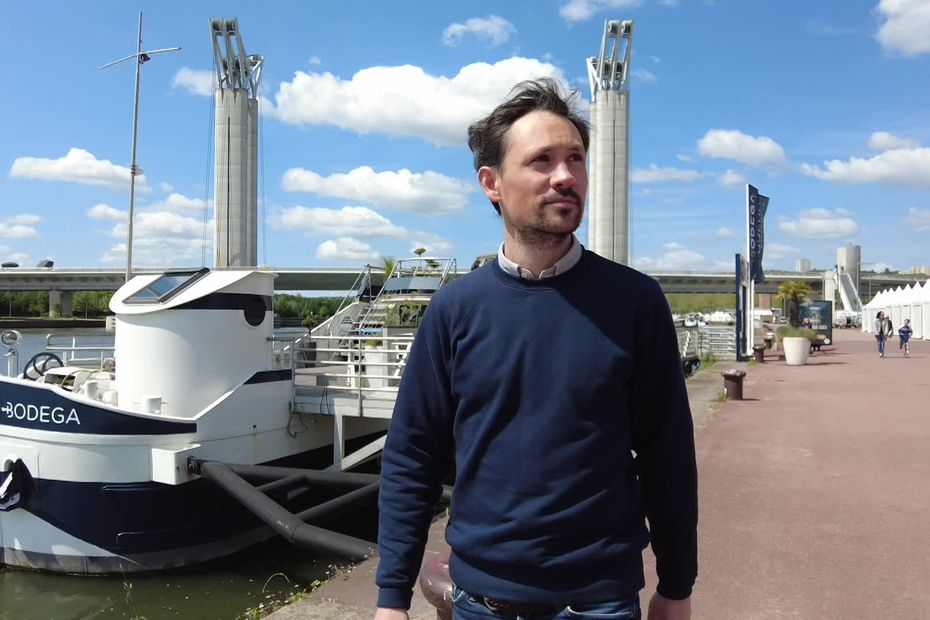400 kilometers on skis, on the arctic sea ice at temperatures around -40 degrees. 31-year-old Matthieu Tordeur, originally from Mont-Saint-Aignan, has just returned from a multi-week expedition through the Northwest Passage across Canada. A journey to warn about the consequences of climate change. Interview with the Norman explorer.
Like any explorer, Matthieu Tordeur is never satisfied with new discoveries. When cycling through Europe, through the Sahara, the Norman sets no limits. His new playground is whiter: the Arctic, an unfortunate showcase of global warming.
Matthew Tordeur : It is a passage legendary for connecting the Pacific with the Atlantic. It was first crossed by Norwegian Roald Admunsen in 1905. It is a place that has fascinated many explorers. Personally I didn’t know, I’ve never been to this little corner of the Arctic. So I wanted to find out, and more importantly, I wanted to go there to deliver a message about the melting ice and the polar worlds, which are on the front lines of global warming.
Matthew Tordeur : So my job is to go on expeditions and tell stories. I then share them on social networks, at conferences, in documentaries and also in books so that they are accessible to as many people as possible. This latest expedition was an opportunity for me to involve my entire community in this adventure and give them the key to understanding what’s at stake at the Pole. The idea is to share what I live locally without any filters.
Matthew Tordeur : This adventure was special because I was sharing it with another explorer: German Anja Blacha, a mountaineer and polar adventurer. She had already made several expeditions in the Arctic and Antarctic, it was an opportunity to join forces.
We quickly realized that we could learn a lot from each other since we don’t necessarily have the same techniques. It was also a safety issue, we live in a universe where there are a lot of polar bears. We’re on complicated ground: sea ice, which is seawater that’s frozen and potentially fragile. It was easier and more reassuring to be the two of us. Who knows, it might be the first in a long line of adventures.
Matthew Tordeur : The Arctic is a region that is warming extremely rapidly. It’s a heat reflector, it’s a true mirror that reflects the Earth’s heat towards the atmosphere, which is why we say the polar worlds are air conditioners. It’s a world that’s changing.
Today the Arctic is melting, it is said that the Arctic Ocean will be ice-free in the summer of 2050. we lose it This is a real problem, not only for biodiversity, but also for us in France. Temperatures will rise, as will extreme weather events. And I’m not even talking about the melting of the glaciers, which will lead to an excess of water in the oceans and inevitably cause sea levels to rise. I present myself as a witness, I like to bring back pictures and stories. This special occasion was an opportunity to do just that. Today all my efforts are focused on spreading the voice of Poles.

Total web buff. Student. Tv enthusiast. Evil thinker. Travelaholic. Proud bacon guru.







